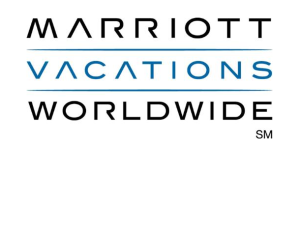Update on Singapore Timeshare Problems: 3 Red Flags
Thursday, December 16, 2010
Readers of The Timeshare Authority blog are always looking for updates on Singapore timeshare, perhaps because the country has struggled in working out government guidelines to protect Singapore timeshare owners from timeshare scam. Now it seems that unscrupulous fraudsters have used yet another tactic to take advantage of loopholes that exist in the regulation of Singapore timeshare sales.
Companies representing themselves as legal firms are contacting some timeshare owners. These companies have purchased timeshare owner information illegally on the black market. More importantly, they are not attorneys and they are not law firms, even though they tell consumers that a legal firm “is the same as” a law firm.
These ‘legal firm’ companies operate by cold calling timeshare owners to ‘surprise’ them with the good news of how their Asian timeshare has appreciated in value, often claiming the property to be worth double or triple the amount the timeshare owners originally paid. Their next step is to require the timeshare owner to make one or more deposits of funds for purposes of conducting the sales—sales that never materialize.
Here’s red flag number 1: Reputable timeshare resales companies do not cold call their clients.
Red flag number 2: Timeshare rarely appreciates. It is far more likely that, just like the car you drive, your timeshare has depreciated significantly since you purchased it.
And finally, red flag number 3: When you are selling timeshare with a reputable timeshare broker, you will never be asked to front expenditures of the sale. Costs of the timeshare sale transaction should be paid from the proceeds of the sale. The only time you should consider paying prior to the sale of your timeshare is if you are advertising your timeshare on a by-owner basis and have advertising and marketing costs to cover.
Protecting Timeshare Owners
While the Consumers Association of Singapore (CASE) does not have numerous reports of timeshare owners scammed by the pseudo-law firms, no one knows how many other people have been duped and have not come forward to report it. In one instance that CASE did investigate, they found that the legal firm was a company operating under the name of a bar and pub one day and as a ‘legal’ firm the next—public record information the consumer could have discovered had he or she done even a small amount of research first.
At this point, problems in Singapore continue as timeshare sales practices have been tops for six years on the list of complaints that CASE reviews. You can learn more about CASE’s “Knowledge is Protection” Campaign here: http://www.case.org.sg


